Dark Web: GCHQ & NCA tag team on trapping online paedophiles
UK government joins forces with tech giants & law enforcers for massive online child abuse clampdown
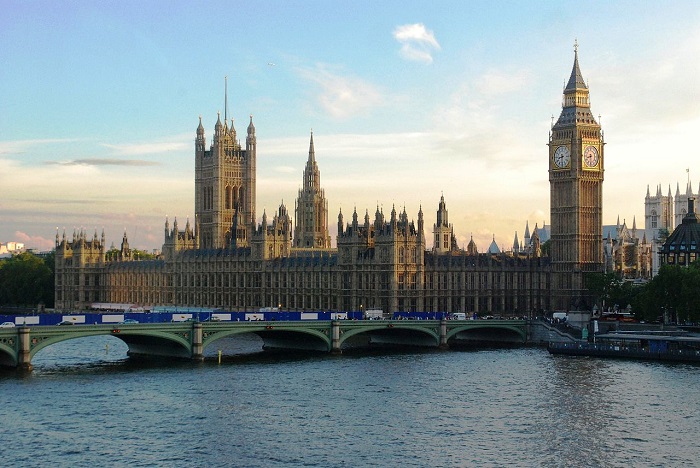
Sign up today and you will receive a free copy of our Future Focus 2025 report - the leading guidance on AI, cybersecurity and other IT challenges as per 700+ senior executives
You are now subscribed
Your newsletter sign-up was successful
Arresting the spread of child abuse images on the "Dark Web" is to be the subject of a joint clampdown between the National Crime Agency (NCA) and GCHQ.
The government agencies will join forces to create a specialist unit tasked with tackling the problem of online child sexual exploitation and root out the most prolific offenders.
These individuals tend to rely on the anonymity afforded to them by the Dark Web to share encrypted images depicting child abuse to help them evade detection.
I want them to hear loud and clear, we are shining a light on the web's darkest corners; if you are thinking of offending there will be nowhere for you to hide.
The two organisations claim they have successfully managed to pick apart the Dark Web to uncover paedophiles, including one who used it to pass on information to others about how to hide their behaviour online.
This individual also ran chat services and websites that shared child abuse images before his arrest and subsequent three-year prison sentence.
According to figures from the NCA, the number of UK Dark Web users has increased by two thirds in recent times, with people taking to it for privacy protection reasons as well as for nefarious purposes.
Meanwhile, new figures released by the Internet Watch Foundation (IWF) show there has been a marked rise in the number of web pages featuring child abuse imagery in the past year.
Sign up today and you will receive a free copy of our Future Focus 2025 report - the leading guidance on AI, cybersecurity and other IT challenges as per 700+ senior executives
The organisation said the total number of URLs featuring child abuse content that have been targeted for removal between 1 January and 30 November 2014 stands at 27,850. This is 109 per cent higher than last year.
After dark
The Dark Web clampdown is sure to be welcomed by charities and campaigners who have repeatedly berated the government for failing to adequately address this area during previous attempts curb the spread of child abuse images online.
In addition to this, the government has also unveiled a package of technology measures designed to support law enforcement efforts to track down paedophiles online across social networks and popular internet services.
As part of this, the IWF is to share the "digital fingerprints" of thousands of known child sex abuse images with the likes of Facebook, Microsoft, Google and Twitter to prevent them being viewed or shared on their platforms.
Search giant Google has also developed a form of hashing technology that aids the identification of known child abuse videos, which will be made available to other technology firms in due course.
Furthermore, Microsoft, Google and Mozilla have also vowed to investigate the possibility of introducing blocking restrictions in their respective web browsers that would stop people accessing URLs linked to the spread of child abuse material.
Prime Minister David Cameron, described the introduction of these new measures as a "watershed moment" in the ongoing fight against online child abuse.
"Every time someone chooses to view an online image or video of a child being abused, they are choosing to participate in a horrific crime," he said.
"I want them to hear loud and clear, we are shining a light on the web's darkest corners; if you are thinking of offending there will be nowhere for you to hide."
-
 Buoyed by OpenAI partnership, Snowflake teases more big things to come
Buoyed by OpenAI partnership, Snowflake teases more big things to comeNews Snowflake’s executive vice president of product highlights key innovations that are being brought to market at super speed
-
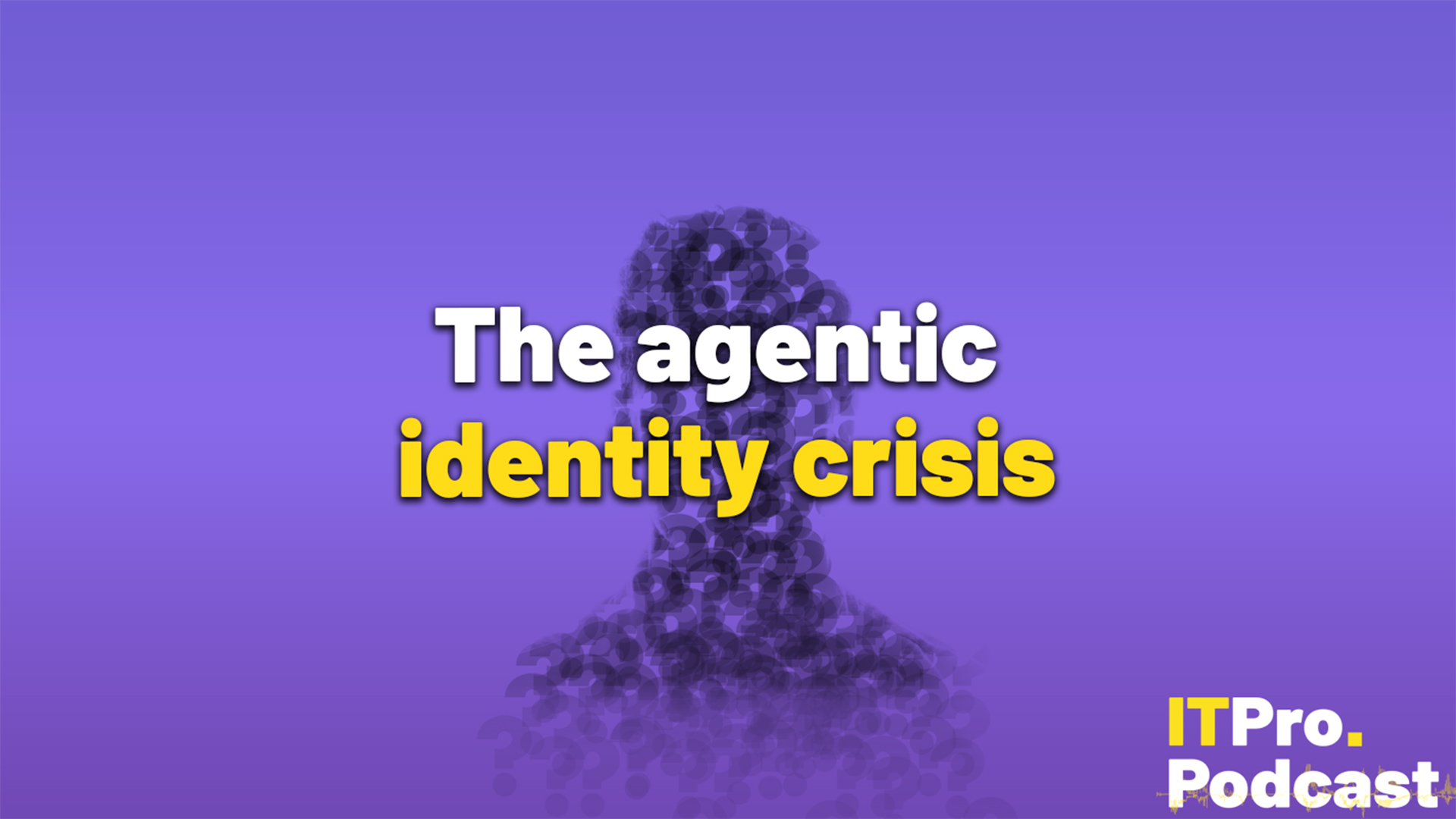 The agentic identity crisis
The agentic identity crisisITPro Podcast With millions of AI agents being deployed, how can security teams maintain oversight and governance?
-
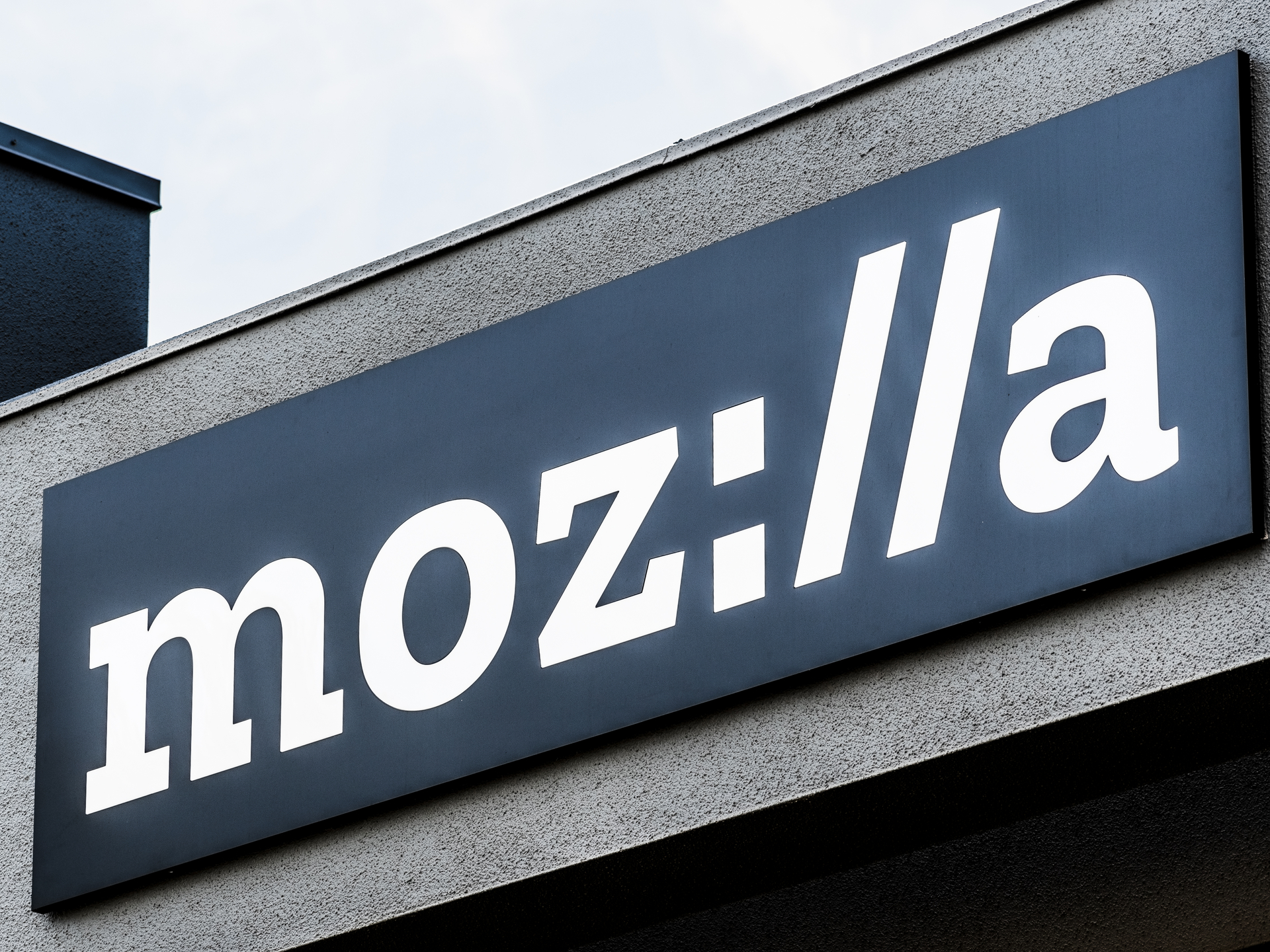 Mozilla to cut 250 jobs as part of major coronavirus restructure
Mozilla to cut 250 jobs as part of major coronavirus restructureNews The reorganisation has been made so the company can become faster, more innovative, and find more revenue streams
-
 Mozilla re-hires veteran Mitchell Baker to serve as CEO
Mozilla re-hires veteran Mitchell Baker to serve as CEONews The interim chair and CEO formally rejoins the organisation after Chris Beard stepped down in December 2019
-
 Mozilla fixes two Firefox zero-days being actively exploited
Mozilla fixes two Firefox zero-days being actively exploitedNews Critical vulnerabilities allow attackers to execute arbitrary code or trigger crashes
-
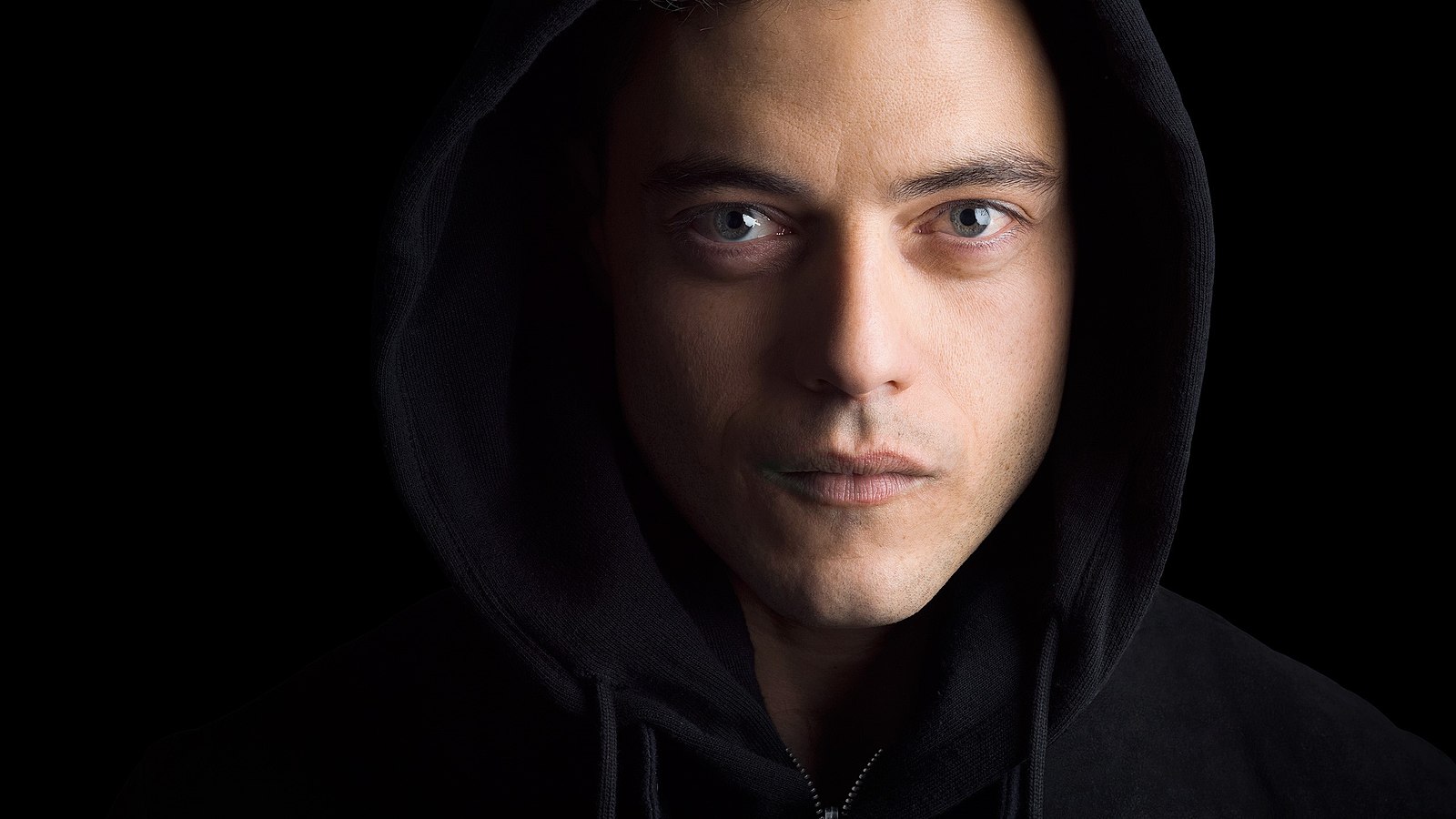 Firefox angers users with alarming Mr Robot plugin
Firefox angers users with alarming Mr Robot pluginNews The opt-out extension led many users to believe they had been hacked
-
 Mozilla doubles the speed of its browser with Firefox Quantum
Mozilla doubles the speed of its browser with Firefox QuantumNews The browser is faster and makes use of your system resources better
-
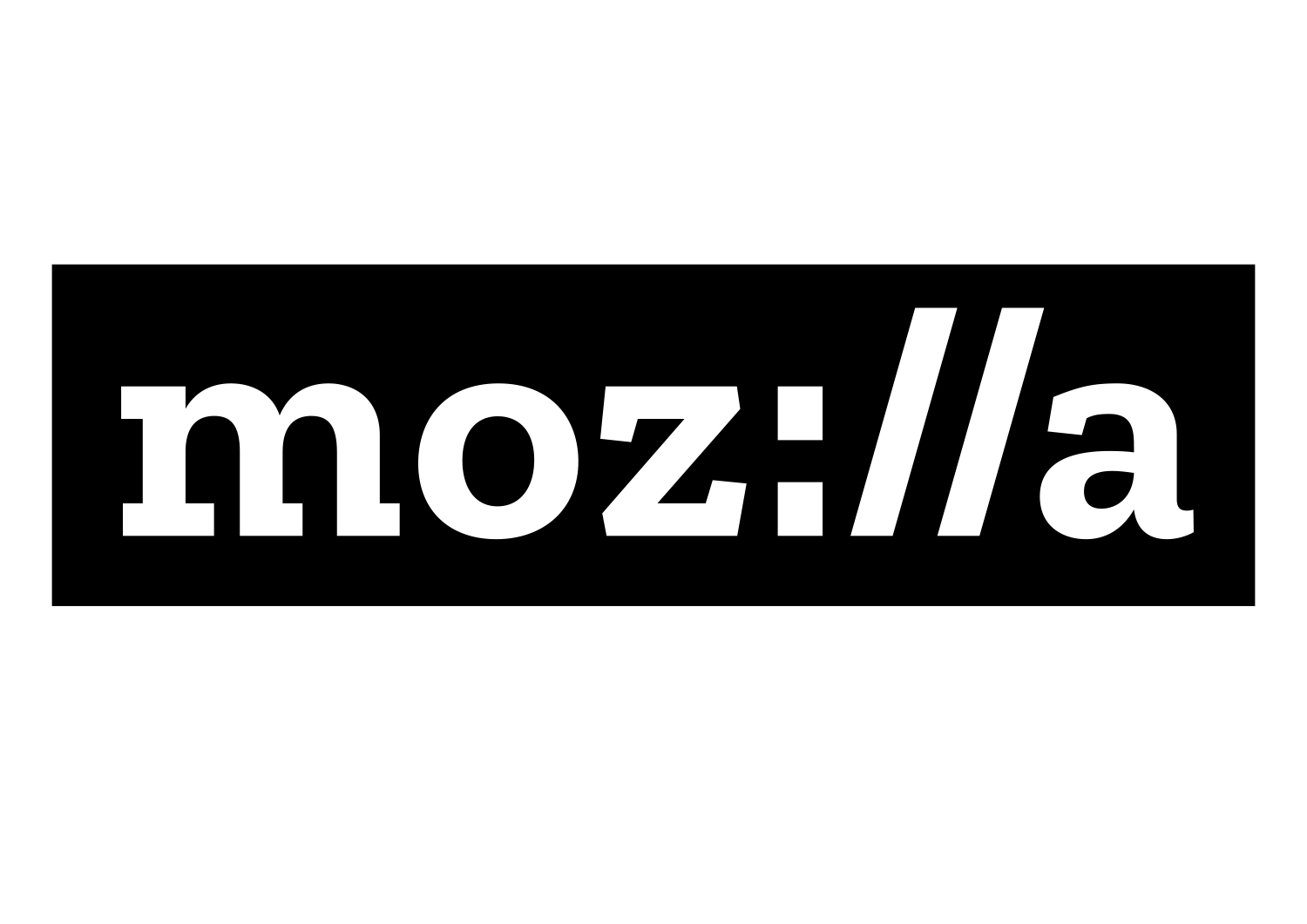 Mozilla’s rebrand confuses web browsers
Mozilla’s rebrand confuses web browsersNews Chrome, Safari and Firefox struggle with moz://a
-
 Firefox ditches 404s in favour of archived pages
Firefox ditches 404s in favour of archived pagesNews Mozilla's browser is trialling showing older versions of a webpage instead of an error message
-
 Mozilla’s bid for Tor hack used in child porn case rejected
Mozilla’s bid for Tor hack used in child porn case rejectedNews Firefox maker will not be granted access to an exploit the FBI uncovered in Tor